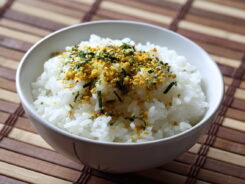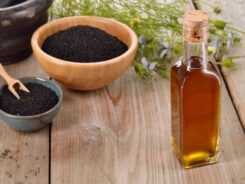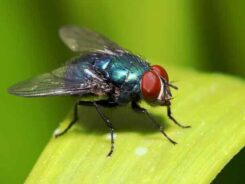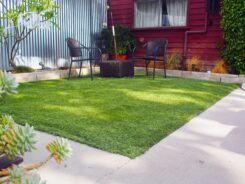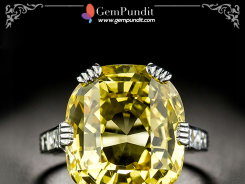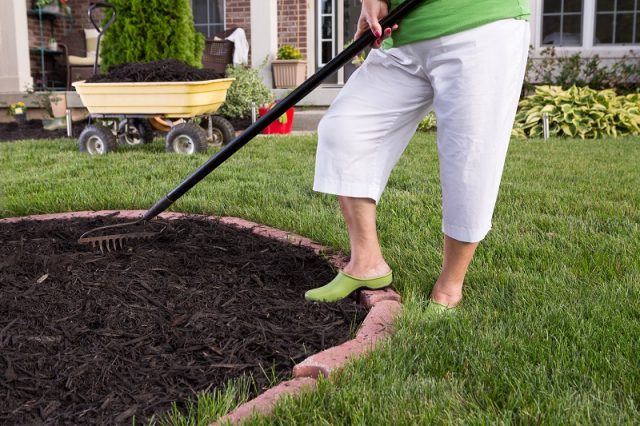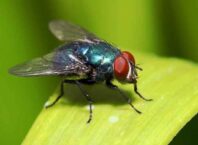Mulch is spread over the soil surface, usually used as a covering. It locks moisture in the soil, keeps the ground cool and hydrated, prevents the growth of weeds, and makes the garden base look aesthetically more pleasing and attractive. Organic mulches decompose to aid in enriching the soil’s fertility. Garden mulch is extremely eco-friendly, and it takes much time to get decomposed, which can bring a permanently fresh look to your garden. Mulch reduces the variety of weeds, thus keeping your garden safe. Mulch is made of wooden grains, which gives more nutrients to the soil, by reducing the rate of wilting.
Types Of Mulch:
- Shredded Bark: This is a very common and pocket-friendly mulch, one of its sources being cedar trees. Shredded bark is best used on slopes and its breakdown process is really slow. They’re considered to be eco-friendly.
- Straw: Straw mulch’s golden color makes the garden look beautiful and stunning. Its breakdown process is a lot slower than grass clippings or leaves. Straw mulch is used more in vegetable gardens and strawberry plants.
- Compost: Compost is and looks a lot like soil in many ways and thus is best for the growth of plants. It is the final product of the decomposition of organic materials, having various environmental advantages. It’s a natural and an inexpensive process as it can be created by individuals’ right in the backyard of their houses with things available at the house itself.
- Pine or Cedar Bark Chips: These cedar bark chips’ breakdown process is much slower than even shredded bark mulch, but they don’t stay in place as they are prone to erosion and wash-off.
- Stones and River Rock: Stones and river rocks do not break down unlike the others as they are inorganic in nature, so they need not be renewed every year.
Why Use Garden Mulch For Gardening?
Using mulch can be a very beneficial habit or step towards good gardening:
- Garden mulch restrains the growth of weeds as they not only make the garden look unpleasant but they can also prove to be harmful to many plants.
- Mulches not only protect the roots of the plants from cold, harsh winter but also helps in preventing frost-heave, during which phenomenon plants in the soil get uplifted due to the natural contraction and expansion of the soil on melting and freezing accordingly. In hot, scorching summer areas, it helps in keeping the roots of the plant’s cooler.
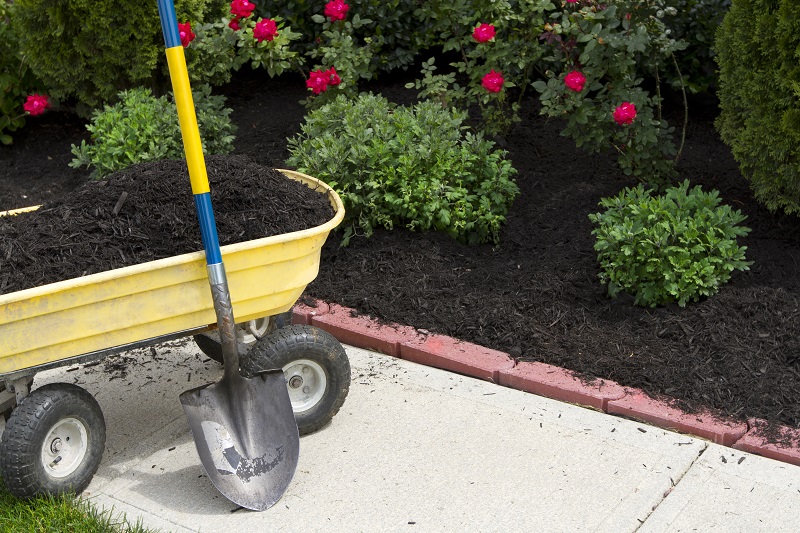
Tips To Remember While Using Garden Mulch:
Although Garden Mulch can be really helpful in gardening and proper growth of plants and adding fertility to the soil, it too has its own disadvantages.
- There are two kinds of mulch in general, namely, organic mulch, which includes wood, bark, pine straw and so on and inorganic mulch, which includes rubber and rocks. Organic mulches are the ones which are more preferred to, over inorganic mulches in proper doses.
- Proper attention should be given to the application techniques and methods. To reduce the cost of the mulch per yard should select the best materials available.
- The mulch should be spread to a depth of 2 inches to 4 inches. It should be kept away a bit from trunks and stems to prevent the cut-off of air and other sources to the plants.
- To give small, ornamental trees a properly balanced appearance, one should make the diameter of the mulch ring the same as that of the treetop.
However, whatever be the design that one decides upon for their garden mulch, if we keep aside the few disadvantages of garden mulch, we’ll be able to witness its many advantages ranging from controlling weed growth and visual appearance to the enrichment of the soil.


































